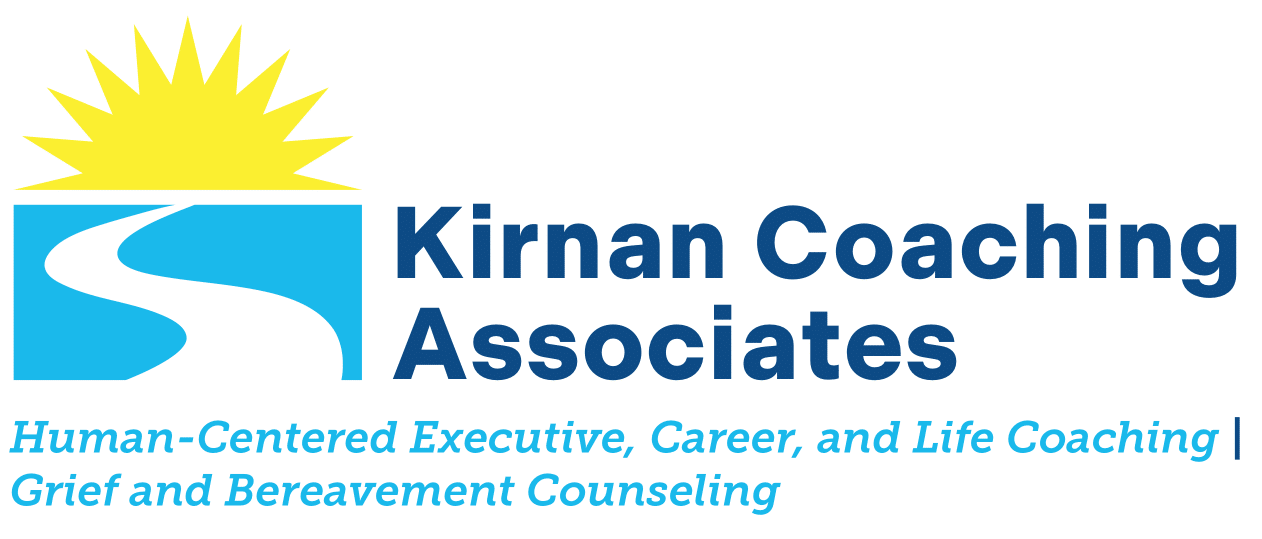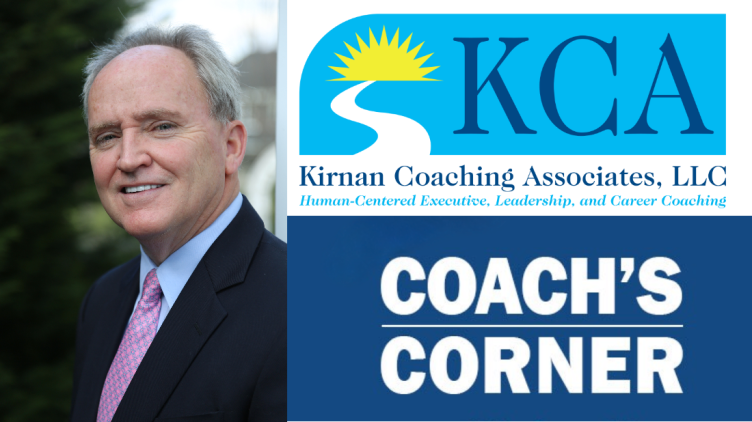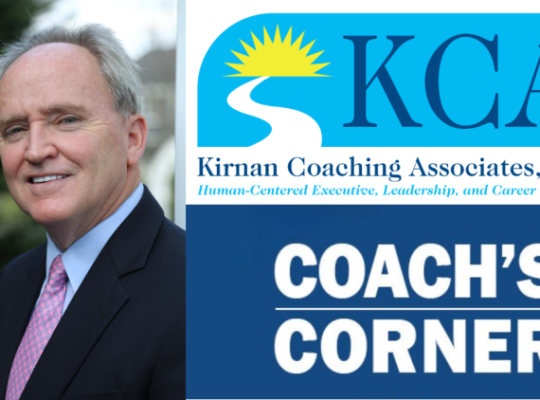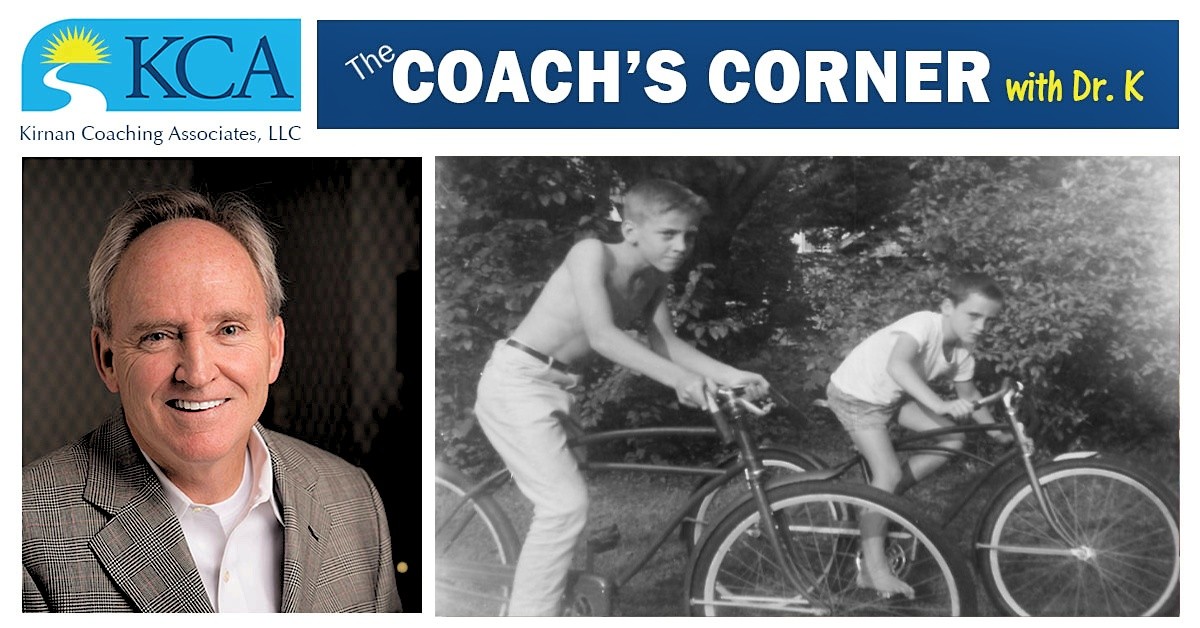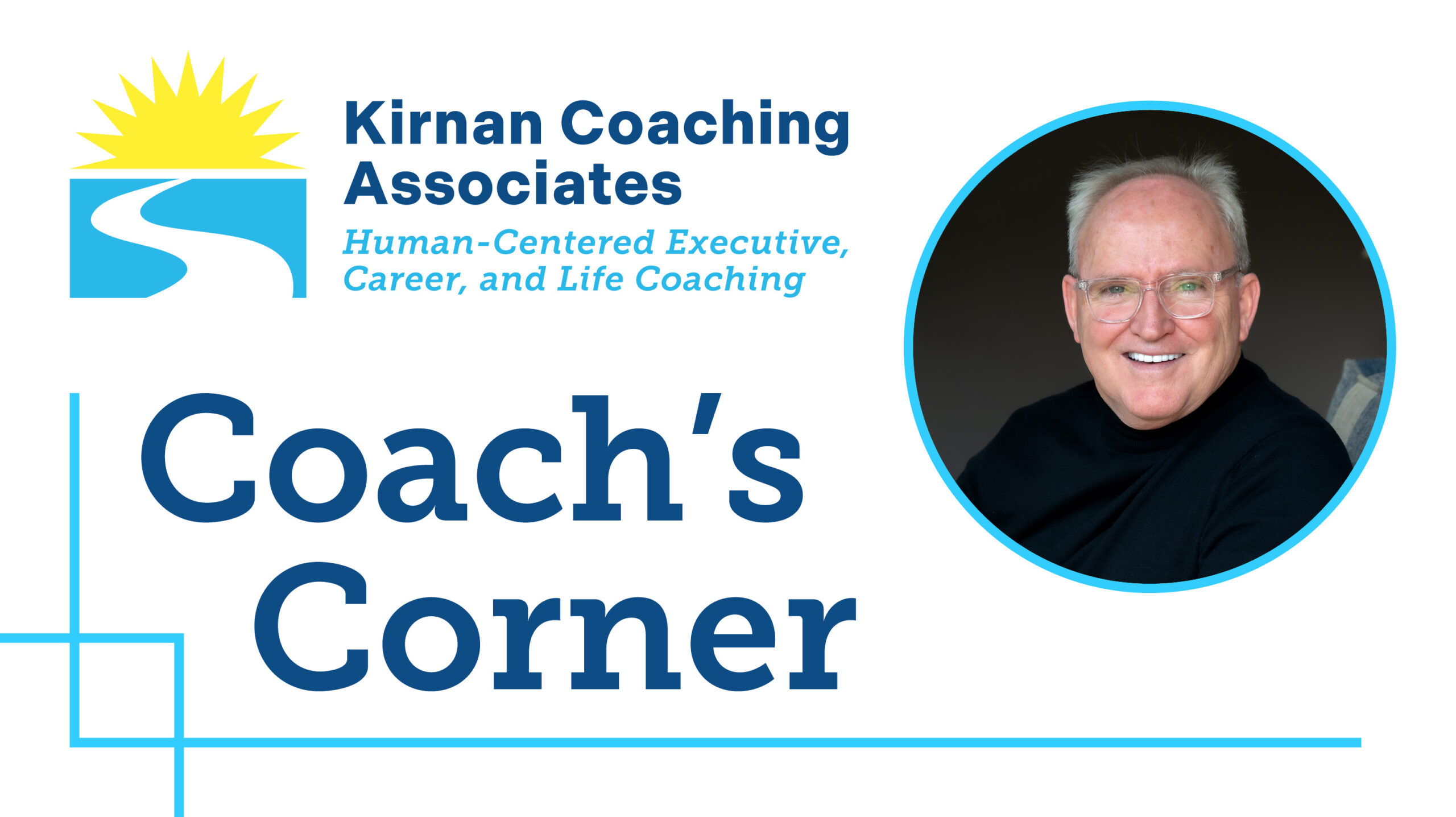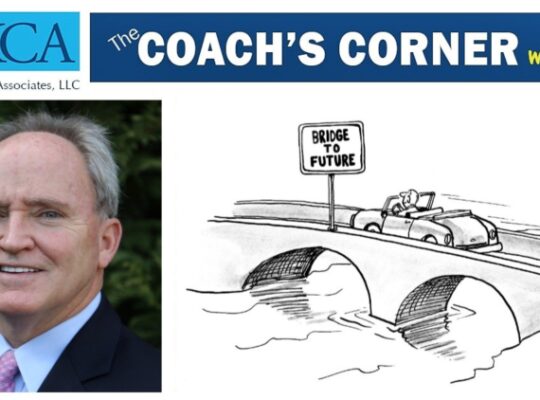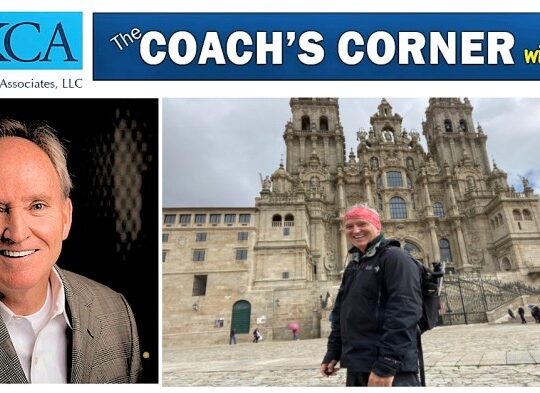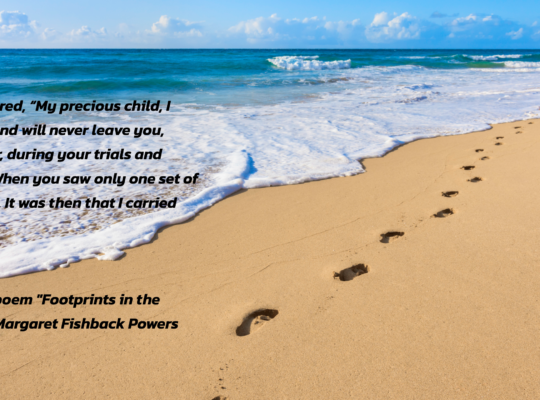The Search for Meaning in Your Grief
“The reality is that you will grieve forever. You will not “get over” the loss of a loved one, you will learn to live with it, you will heal and you will rebuild yourself around the loss you have suffered. You will be whole again but you will never be the same. Nor should you be the same. Nor would you want to.”
Elisabeth Kubler Ross and David Kessler, On Grief and Grieving (2005)
This past Wednesday, April 20th my brother Matt and I celebrated the life of our older brother Dennis who passed away unexpectedly 50 years ago while finishing his sophomore year at St. Joseph’s University in Philadelphia, PA. Virtually every year since then on this date, Matt and I would celebrate his life by going to Mass at Our Lady of Mount Carmel in Ridgewood, NJ (the parish we grew up in), grab lunch at the Daily Treat (his favorite eatery), and then head over to the cemetery at George Washington Memorial Park in Paramus to pay our respects and savor some very happy memories of the three of us growing up. Together we have learned that everyone grieves the loss of a loved one on their own timeline navigating those challenging and emotional phases of denial, anger, guilt, and depression and with the hope that through that journey you can ultimately get to a point that can accept that painful loss as a new reality of your everyday life. Over the years, Matt and I have helped one another enormously by sharing our feelings of losing Dennis as well as the many fears and anxieties his loss engendered on each of us as we moved through our own journey of life. After 50 years of grieving, his loss still hurts but today we are even more thankful for having had Dennis in our lives; we just wish that the Lord had given us more time with him.
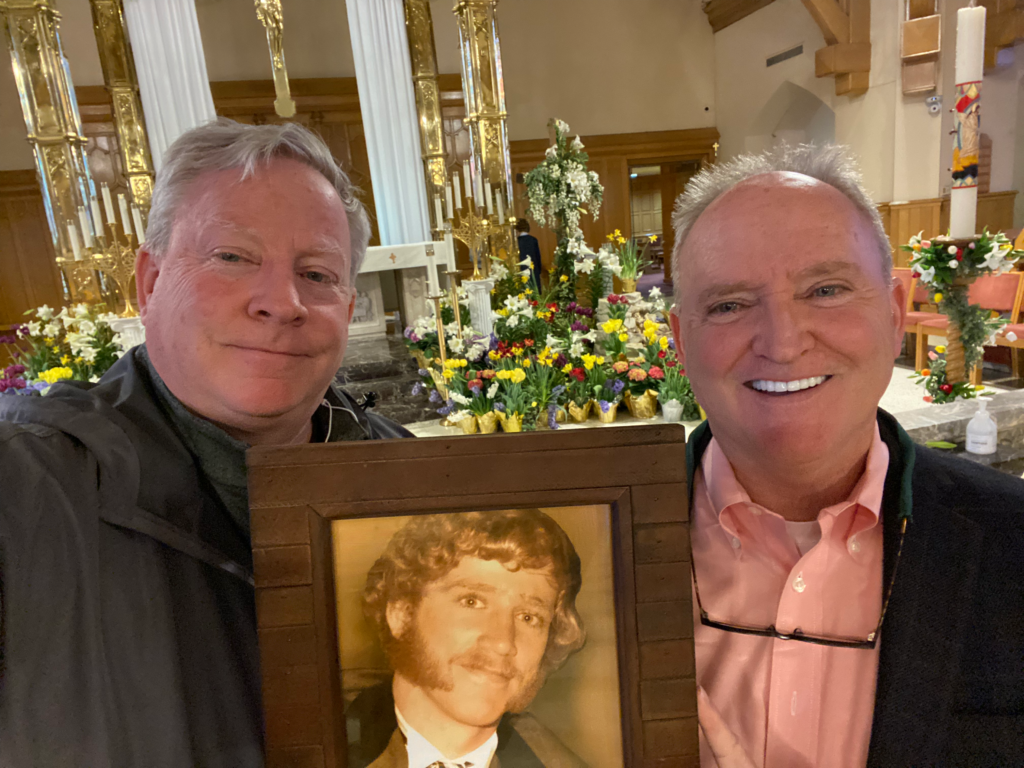
Looking back, the hardest part for our family and his many friends in grieving and accepting Dennis’s loss was not just it’s suddenness for a 19-year-old young man who was by all accounts in perfect health but because the medical community could never find the cause of his death. Over the years, we’ve been told by many medical professionals that his sudden death likely stemmed from a congenital heart defect that today’s technology would likely have been able to detect. Yet through my own experiences as a Bereavement and Grief Counselor as well as from reading many books on grief and loss, I’ve learned that even when you do know the cause of your loved one’s death, it will not bring them back to life nor change the very hard reality of learning to live your life without your loved one. That painful point as well as the many challenges that often come in adapting to the sudden death of a loved one is captured brilliantly in Rabbi Harold Kushner’s best-selling book When Bad Things Happen to Good People which provides countless real-world examples of how he dealt with loss during his days as the Congregational rabbi of Temple Israel in Natick, MA, and the impact such losses often had on people’s faith in God.
Finally, I’ve learned so much about myself through grieving the loss of my brother and how others grieve their own losses in life. I am especially grateful on this the 50th anniversary of Dennis’s passing as I had the opportunity last week to reconnect with two of Dennis’s roommates at St. Joseph’s University for the first time since his funeral on April 24, 1972 and who shared their own experiences of his loss and how it had affected their lives over these past 50 years. Fortunately for all of us who grieve, there are far more resources that one can access today than was available back in 1972, a great blessing indeed and that can be of enormous help to anyone suffering the loss of a loved one. Many bereavement support groups are available through your local parish, church, or synagogue as well as through several nonprofit organizations like David Kessler’s grief.com who is also the author of the one of the best books I have ever read on grief entitled Finding Meaning: The Sixth Stage of Grief. Such resources can help you release the pain, suffering, anxiety, guilt, and blame we often feel as well as learning how to navigate those endless “what if” questions that often accompany our journey through grief. I now know that it is because of resources and programs like these that has encouraged me to share my own grief over losing Dennis with others who are also grieving the loss of their loved ones through my work in bereavement ministry. And it is through that common experience of being able to share that loss that I have been able to find real meaning in Dennis’s passing 50 years later as a way to honor his life, his memory, and the lives of all those we’ve loved and lost and who are now with the Lord.
Wishing my fellow coaches, friends, and colleagues the gift of God’s abundant graces and the hope that you too can find meaning in those loved ones who are no longer with us,
Dr. K
